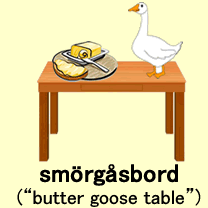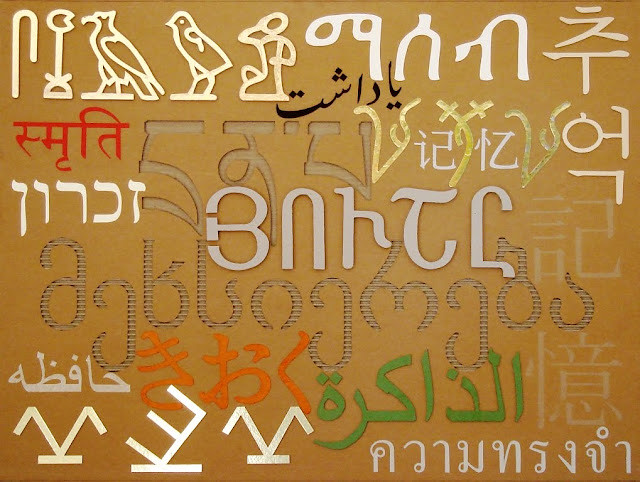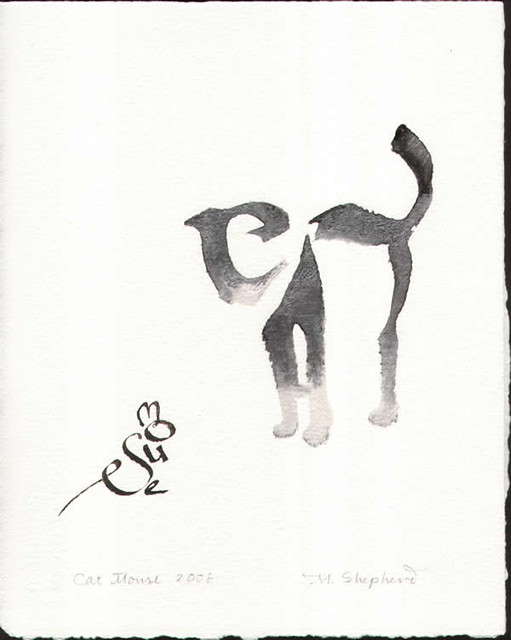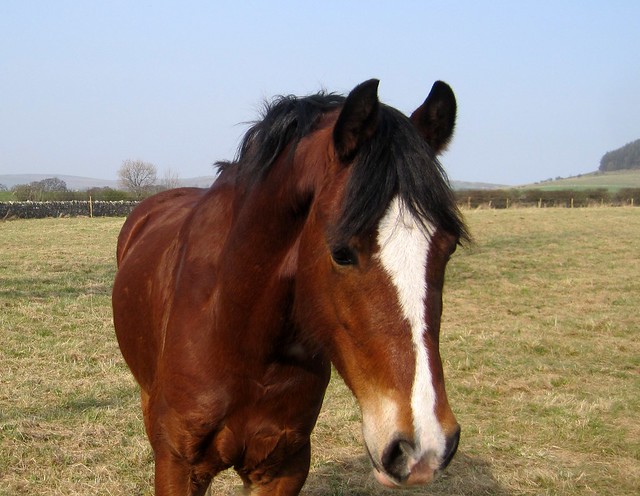I’m currently studying several languages from the same family – Danish, Swedish, Dutch and Faroese, and I’ve been noticing some interesting similarities and differences in their vocabulary.
In Dutch, for example, lopen [ˈloːpən] means to walk or run – apparently it usually means to walk in the Netherlands, and to run in Belgium, according to Wikitionary.
A cognate word in Danish is løbe [ˈløːb̥ə], which means to run, and the equivalent in Swedish, löpa [løːpa], means to hare, run or be in heat. Meanwhile in Faroese the equivalent word is leypa, which means to run or jump.
These words all come from the Proto-Germanic root hlaupaną [ˈxlɑu̯.pɑ.nɑ̃] (to jump forward, to leap) from the Proto-Indo-European *klewb- (to spring, stumble) [source].
The English words leap and lope (to travel at an easy pace with long strides) come from the same root, as does the German word laufen (to go, walk, run, work, move), and related words in other Germanic languages [source].
In Swedish one word for to run is springa, which is cognate with the English word spring, the Dutch springen [ˈsprɪŋə(n)] (to blow, jump, leap, burst), the German springen [ˈʃpʁɪŋən] (to go, bounce, skip, spring, leap), and the Danish springe [ˈsbʁɛŋə] (to jump, leap, spring).
These come from the Proto-Germanic root springaną [ˈspriŋ.ɡɑ.nɑ̃] (to spring, jump up, burst, explode) [source].
The word gå [ɡoː] means to go, walk or stoll in Swedish. In Danish the same word, pronounced [ɡɔː/ɡ̊ɔːˀ], means to go or walk, and in Norwegian, where it’s pronounced [ɡɒː/ɡoː], it means to walk, go work, function, or be alright. In Faroese the equivalent is ganga [ˈkɛŋka], which means to walk.
These come from the the Old Norse ganga [ˈɡɑ̃ŋɡɑ] (to go, walk), from the Proto-Germanic *ganganą [ˈɣɑŋ.ɡɑ.nɑ̃] (to go, walk, step), from the Proto-Indo-European *ǵʰengʰ- (to walk, step), which is also the root of the word gang (to go, walk) in northern dialects of English, and in Scots [source].
The English word go comes from the Middle English gon, goon (to go), from the Old English gān (to go), from the Proto-Germanic *gāną (to go), from the Proto-Indo-European *ǵʰeh₁- (to leave) [source]






